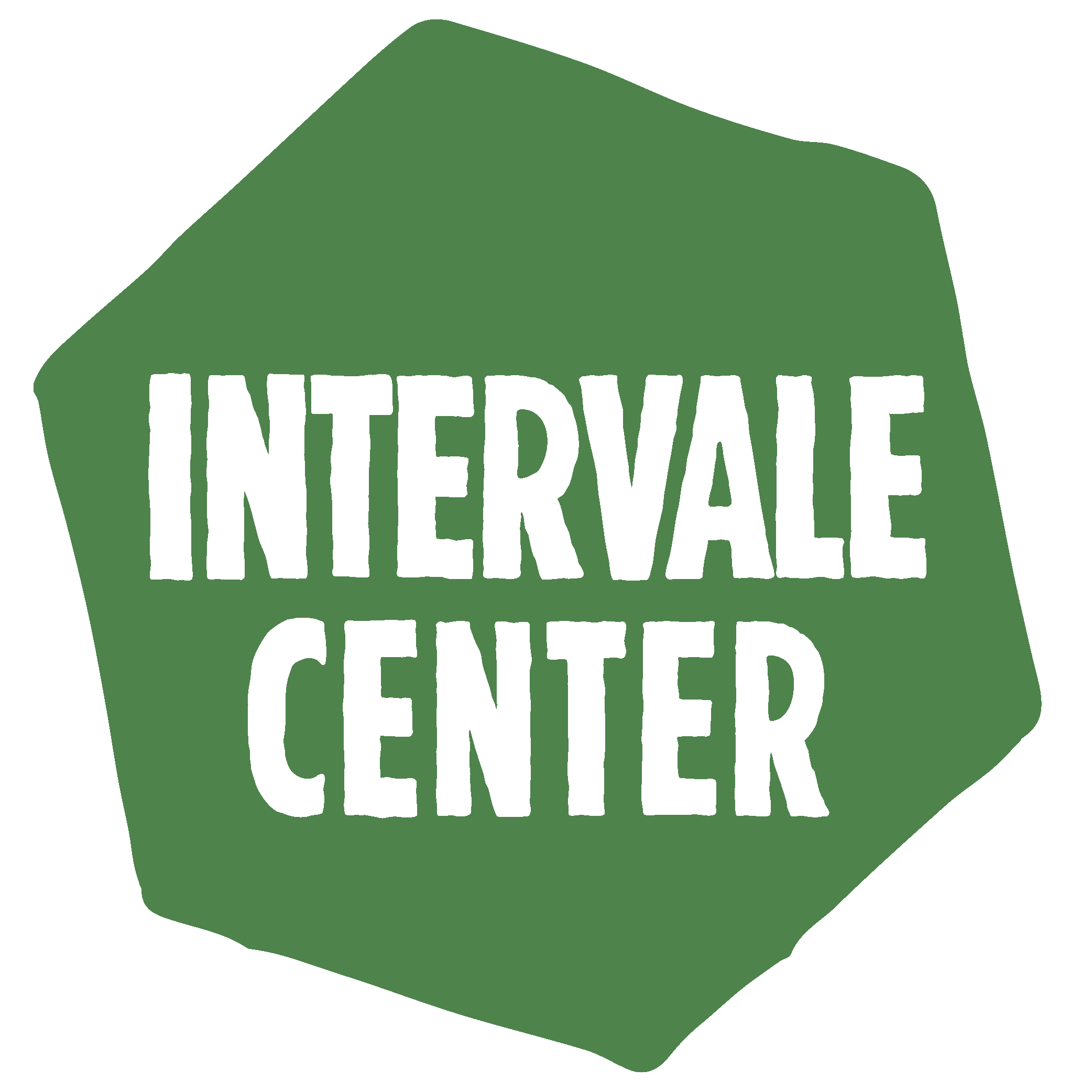1% for the Planet Partnership!
By: Eleanor Lustig, Development Intern
The Intervale Center is proud to be a nonprofit partner of 1% for the Planet, a global network of businesses, non-profits, and individuals working together to improve the health of our planet. 1% for the Planet connects donors—businesses that wish to help make positive environmental change—and doers—the non-profit organizations making change happen, like the Intervale Center. As members of 1% for the Planet, businesses donate 1% of their annual sales to the non-profits that they choose to support. Through these partnerships, 1% for the Planet has donated $150 million to environmental non-profits since its founding in 2002. The Intervale Center currently has five business partners through 1% for the Planet: Patagonia, Pingala, Skinny Pancake, Bluestone Life, and The Green Life.
1% for the Planet seeks non-profit partners that are tackling six big environmental issues: climate, food, land, wildlife, water, and pollution. In pursuit of the Intervale Center’s three main goals—sustaining farms, land, and people—our programs touch on all of these issues.
Climate: The Intervale is located on the Winooski River’s floodplain, making it an incredible, but vulnerable, place to farm in the face of a changing climate. After the floods of Hurricane Irene, we reassessed our land use decisions to minimize risk. We also talked to our farmers, and found that despite flood risks, they by and large consider the Intervale a good place to farm.
We believe that the Intervale Center can demonstrate the “triple win” of climate change: climate adaptation, climate mitigation, and vibrant human and natural communities. On the land that’s too risky to lease to farmers, we are piloting adaptive land use strategies. For example, we have planted half an acre of elderberry and aronia. These perennials thrive in riparian zones, and bear fruits that are increasingly popular in a number of local markets.
Food: At the Intervale Center, we understand the complexity of food systems and are working to strengthen ours from three different angles: farm viability, food access, and community engagement. Through our Farm Incubation Program, we help farmers overcome the main obstacles to entering agriculture: access to land, equipment, and a community of knowledgeable growers. We also offer farm business planning to producers at all stages of business development, to ensure that Vermont farmers have access to the resources they need to run a successful business. Together these programs ensure that local, ecologically grown food is available in the Burlington area. The Intervale Food Hub and Gleaning and Food Rescue program then work to ensure that this food makes its way to Burlington-area residents.
Land: In addition to improving land health by promoting restorative agricultural practices, the Intervale Center is working to restore Vermont’s riparian zones through the work of our Conservation Nursery. The Intervale Conservation Nursery grows native trees and shrubs for river restoration projects throughout the state. These plants are the building blocks for healthy riparian buffer zones, and help make adjacent lands less vulnerable to flooding.
Wildlife: Healthy riparian buffers like the one we maintain on our conserved land offer habitat for hundreds of insects and fish. At the Intervale Conservation Nursery, we grow trees that will create high-quality riparian habitat by growing tall, cantilevering over the river, and ultimately falling into it. This pattern of growth and decay offers shade and hydraulic variation to create a variety of habitats throughout the river.
Water & Pollution: Lake Champlain’s phosphorus levels are far above allowable levels, largely due to Vermont agriculture. In response, Vermont recently implemented new Required Agricultural Practices (RAPs) that set water quality standards for small and medium farms. The Intervale Center is working to ensure that these farms have the support they need in order to meet RAP standards in the context of their unique business models. In addition, improved riparian buffers form a natural defense against phosphorus and nitrogen pollution, as plants’ roots soak up these chemicals before they reach the river.
The Intervale Center understands these issues to be deeply linked, and believe they cannot be addressed in isolation. Similarly, we believe that protecting the planet should not be the work of the few but of the many. We are grateful to 1% for the Planet for the opportunity to connect with businesses and create new partnerships that promote a more sustainable future.





